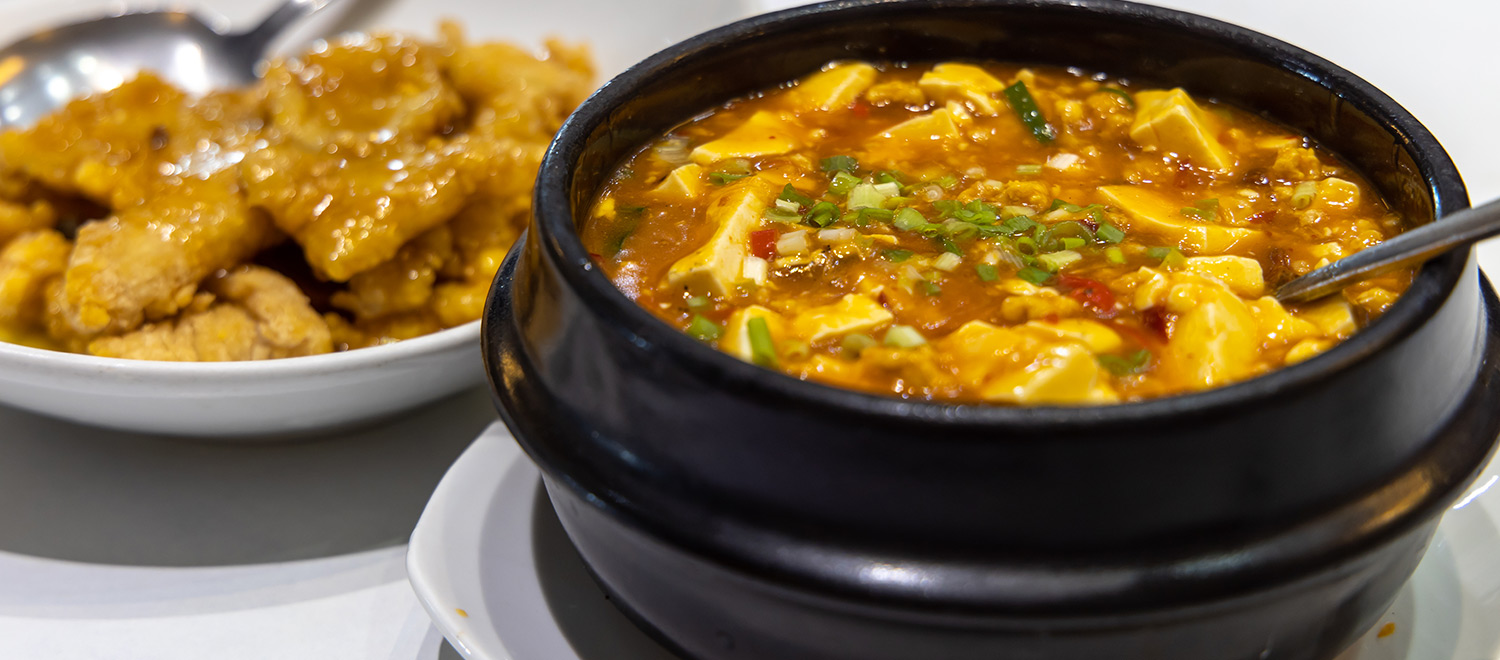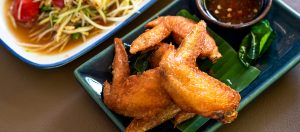Who doesn’t love great food? Is a Michelin starred restaurant really that much different from a simple mom and pop serving more homestyle food? I know that I get just as much joy eating at a fancy restaurant as I do from tacos out of a truck. A lot of times when we eat, we think only about the taste and not about the story behind the food. A series called Ugly Delicious on Netflix dives deeper into history behind a cuisine. On the surface, the brain child of David Chang (chef/owner of Momofuku) and Peter Meehan (A New York Times food critic) aims to tackle the hypocrisy of food today. Why does Tortellini command a higher price than Asian dumplings? Why can’t ugly and cheap food also be delicious? These are all things that the series breaks down, but when you look deeper at the meaning behind food you find a lot more substance.
Ugly Delicious explores immigrant stories and cultural identities through food. Every meal has its own story and David takes us around the world to some of the most famous restaurants and renown chefs and has deeper secondary conversations behind the food. He asks the uncomfortable questions behind the food and keeps digging, initiating dialogue on immigration, breaking down stereotypes, and argues that fusing cuisine is one of the best ways for assimilation.
Immigration
In one of the episodes, Fried Rice, David discusses Chinese food, the story behind it and the reason there are currently over 40,000 Chinese restaurants in America compared to McDonald’s at a mere 14,000. The Chinese were the first Asian immigrants, coming over in the 1800’s for jobs in construction, labor, and railroads. There was immediate backlash from local populations stating that the immigrants were taking away jobs from hardworking Americans. From then, the Chinese immigrants focused on two main industries, restaurants and laundromats which is why the US has so many Asian business owners. These industries were the only ones viewed as work that wouldn’t be stolen from Americans. What is really amazing is Chinese restaurants were also the one place that so many cultures and racial groups, who were oppressed at the time could eat freely and equally which is why it has become such a staple in the American landscape. By introducing Chinese food to Americans in a way that it is acceptable to their palettes, you can begin to open people’s minds to other Asian cuisines and ultimately even break down some of the stereotypes they may have.
Stereotyping and Racism
When talking about Chinese food, something you can’t ignore is what people call “Chinese Food Syndrome” or sensitivity to the quantities of Monosodium Glutamate or MSG found in that cuisine. People state having headaches, sweating, dehydration, etc. from eating at Chinese restaurants but not from eating junk food like Doritos or Cheetos. What a lot of people don’t know is that MSG is naturally occurring in so many foods and “Chinese Food Syndrome” is merely an invention of underlying racism. The term was adapted so easily in the 70’s, “because it confirmed a pre-existing unease regarding the Chinese.” No other cuisine was even deemed close to making people ‘sick’. So how do we break down stereotypes?
Acculturation by food
Ugly Delicious makes a great point, in that the best way for all of us to become acculturated is through food. If we limit culture and food fusion because of tradition there is a stagnation to our overall cultural growth and culinary experience. Most of the world’s great foods are born out of food blending and new cultural experiences. Chinese cuisine is a great analogy because in America, it is tailored to appeal Americans, and in China, even each province has completely distinct cuisine. This assimilation of food creates a whole different and new culture and is sold differently than to a Chinese in China. We can take a similar approach when marketing to Asians in America, remembering that their experience here is significantly different than Asians in their home countries and there is a need to key in on those nuances.
This show opens up some great conversation about food that in turn paves the way for other secondary topics. “Ugly Delicious is a Trojan horse that opens up to reveal a thoughtful analysis of how many of the immigrants being threatened with deportation today have already made lasting changes to our culture – through our taste buds.” David Chang helps give a voice to immigrants through their food. This is a show you can definitely binge and learn about the immigrant plight in America and simultaneously some of the best food in the world.






